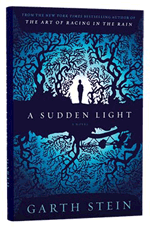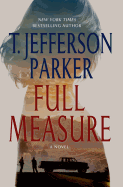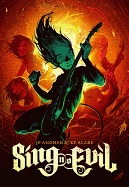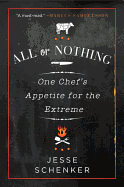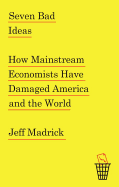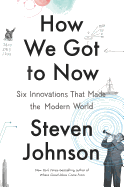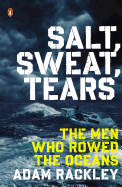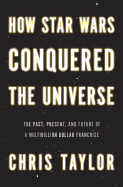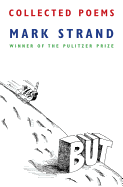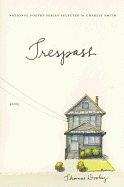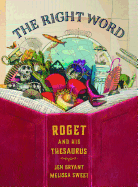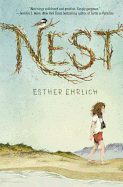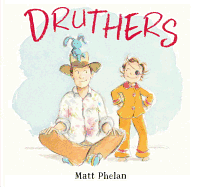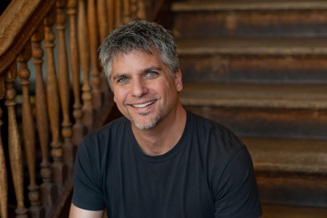 |
| photo: Susan Doupe Photography |
Garth Stein is the author of the novels Raven Stole the Moon, How Evan Broke His Head and Other Secrets and the New York Times and international bestseller The Art of Racing in the Rain. Before turning to writing full-time, he was a documentary filmmaker, directing, editing and/or producing several award-winning films, including The Lunch Date, winner of an Academy Award for live-action short in 1990, and The Last Party, starring Robert Downey, Jr.
Stein is a co-founder of Seattle7Writers, a nonprofit organization dedicated to energizing readers and writers and their communities by providing funding, programming and donations of books to shelters, halfway houses and correctional facilities, and generally inspiring enthusiasm for reading books. Stein lives in Seattle with his family.
It has been six years since your last novel for adults, The Art of Racing in the Rain, was published and went on to become an international sensation. What is it like to have a new publication on the horizon? What would you like readers to know about A Sudden Light?
It certainly has been a fun ride with The Art of Racing in the Rain, and I won't forget a bit of it. I've connected with so many readers and booksellers and librarians, it's been a true pleasure, and I am grateful for it.
Still, new books must be written, and I've written one.
It has no dogs and no race cars. It does have four generations of a once terribly wealthy and influential timber family, since fallen from grace; a mysterious, majestic, yet crumbling mansion on a bluff overlooking Puget Sound and the Olympic Mountains; a love affair so powerful, it reaches across planes of existence; the free-climbing of some of the tallest trees in the world; a present-day family so mired in their conflicting and confusing emotions that they can't function; and a young man who simply wants his parents to once again experience the moment they first fell in love, hoping that if they feel that moment again, maybe they won't get divorced after all.
Jones Riddell previously featured in a play you wrote, Brother Jones. Why did you decide to bring back the character, and his family, in a novel?
The experience of putting up the play at a small theater in Los Angeles was fantastic. I loved working with the actors and the director, and the performances were outstanding. And yet, the play wasn't perfect. I knew it needed work.
The theater is about the "now." It's about the drama that unfolds in real time, in front of you on the stage. Novels are about how we got to the "now." So I wanted to dig deeper into these characters, and I wanted to go back generations and learn the entire history of the Riddell family. It was a long journey to discover all the tentacles of my family, but I'm glad I took it.
Some of the most compelling characters in A Sudden Light aren't human but rather supernatural. What appealed to you about writing a novel that is part ghost story? Do you believe in ghosts?
When I was sorting out the title for A Sudden Light, I had a striking dream. I remember it very clearly even now. A dark-haired man came to see me--I believe he was Ben, but his image was vague and difficult to see; he was blurry. He whispered something into my ear. He said: "How the mighty have fallen."
I woke up the following morning with that phrase imprinted on my mind. Could Ben be giving me the title of my book, I wondered. I did some research into the origin of the phrase. It's from the Bible: the story of Saul and Jonathan and David (of Goliath fame). It's a story of fathers and sons and a love stronger than anything on earth.
The more I read of Jonathan and David's story, the more I was struck by the parallels with my own story, and how, without my conscious intention I had written a story that resonated with books I and II Samuel of the Bible. Ben hadn't given me the title, but he had come to teach me something about my book that I hadn't known--that I couldn't possibly have known, having been raised in a mixed-religion secular family, and having read only specific parts of the Old Testament for a humanities class in college.
The process of writing a novel can be a strange and mystical thing. If a writer is of a mind to embrace this mystical paradigm, he will reach a point where the balance tips; he will no longer be writing the book, but the book will be writing itself through him. When he feels that shift, the writer must embrace it. For it means that souls have taken root in his characters--real souls have stepped into his characters and are breathing them full of life. And then it is the writer's obligation to be true to those characters and to their stories so that others may hear what they have come to say.
So in answer to your question about ghosts: yes. I've experienced beings from non-physical dimensions, both the spirits who embody the characters in my books, and ghosts, who are stuck and need help moving fully to another realm.
The setting of Riddell House is pivotal to the plot and is described in such wonderfully atmospheric detail, from hidden staircases and a secret study to a sprawling ballroom and a dramatic location on a cliff overlooking Puget Sound. Did you base Riddell House on one that actually exists?
There are two houses in A Sudden Light. There's Riddell House, the mansion on the North Estate, and there's Elijah's city house on Minor Avenue. The Minor Avenue residence was based on the Stimson-Green Mansion in Seattle, designed by Kirtland Cutter. Also, many features of Riddell House were taken from the Stimson-Green Mansion--servants' stairs, pantries, a smoking room, a ballroom, false walls for hiding things.
I got the idea of Riddell House from a photograph I had seen of the Forestry Building, which was built for the Alaska-Yukon-Pacific Exposition in 1909. The building used entire tree trunks for pillars. They called it "a temple to timber," and when I saw it, I thought: "Ah, yes, this is where my family lives. This is where my ghost dances."
Something important is hidden on a bookshelf behind three volumes of Eugene O'Neill's collected works. Of all the books you could have chosen for this scene, why these particular ones?
There are no accidents in fiction; everything is there because the writer had a reason to put it there. So I do have a reason for choosing Eugene O'Neill. However, I firmly believe a writer does not get to dictate meaning or interpretation to his reader; each reader will read a book differently, based on his or her experiences, values and beliefs. Therefore, my reason for using O'Neill is less important than your thoughts on why I might have done it.
Ben Riddell vividly describes what it's like to scale trees that are several hundred feet tall: the adrenaline rush, the exhilaration of being so close to nature and so far removed from humanity. How far did you go for your research or, more accurately, how high? Did you climb the trees like Ben, Harry and Trevor do in the novel?
I did climb trees as research. I worked with tree climbing guru Tim Kovar, and I went down to Oregon to learn both single-rope and double-rope climbing techniques. I think about 150 feet was as high as we got. And that's plenty high for me. Still, I really did experience the effect of being held by the tree. When you're in the middle of a climb, the limbs and greenery are so dense it almost feels like you're in a room, even though you're a hundred feet in the air, dangling by a thin length of rope.
Ben and Harry didn't have access to the technology used in recreational tree climbing today: synthetic ropes and ascenders and saddles. They had to climb the old-fashioned way--spikes and a flip line. While that would damage a younger tree, they were climbing trees hundreds of years old, and the bark would have been so thick their spikes wouldn't have done harm to the tree.
A Sudden Light lovingly depicts the natural beauty of the Pacific Northwest and touches on the conflict between development and preservation. Would you like readers to consider the issue of conservation even after they finish reading the novel? Was that something you had in mind while you were writing the book?
It was not my goal to write an "issue" book, and yet my book raises several issues that we grapple with as a society and a culture. Conservation is certainly one of them. I have my feelings, but, again, I don't think it's my place to tell the reader what to think. Rather, my job is to reveal the complexity of these issues through the thoughts and actions of my characters so that the reader can form a thoughtful understanding of his or her own positions on the subjects. So, yes, I would like the reader to consider the many issues in my book--conservation being an important one. I think we all need to lead thoughtful and deliberate lives. And if I can provide a catalyst for that thoughtfulness in the form of an engaging and entertaining read... well, then I've done something to help make things better. And isn't that something we should all strive to achieve? --Shannon McKenna Schmidt
Garth Stein: Soul-Stirring Fiction
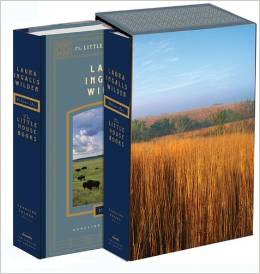 Laura Ingalls Wilder's Little House books are a touchstone for many, and reward repetition. The series is now available for the "grown-up" market in a two-volume set from the Library of America, but many readers will fondly recall the editions with their favorite illustrations. Another classic that some re-read on a regular basis is To Kill a Mockingbird--it's almost a religious ritual. (I have a friend for whom the Betsy-Tacy books are a religious ritual.)
Laura Ingalls Wilder's Little House books are a touchstone for many, and reward repetition. The series is now available for the "grown-up" market in a two-volume set from the Library of America, but many readers will fondly recall the editions with their favorite illustrations. Another classic that some re-read on a regular basis is To Kill a Mockingbird--it's almost a religious ritual. (I have a friend for whom the Betsy-Tacy books are a religious ritual.)



